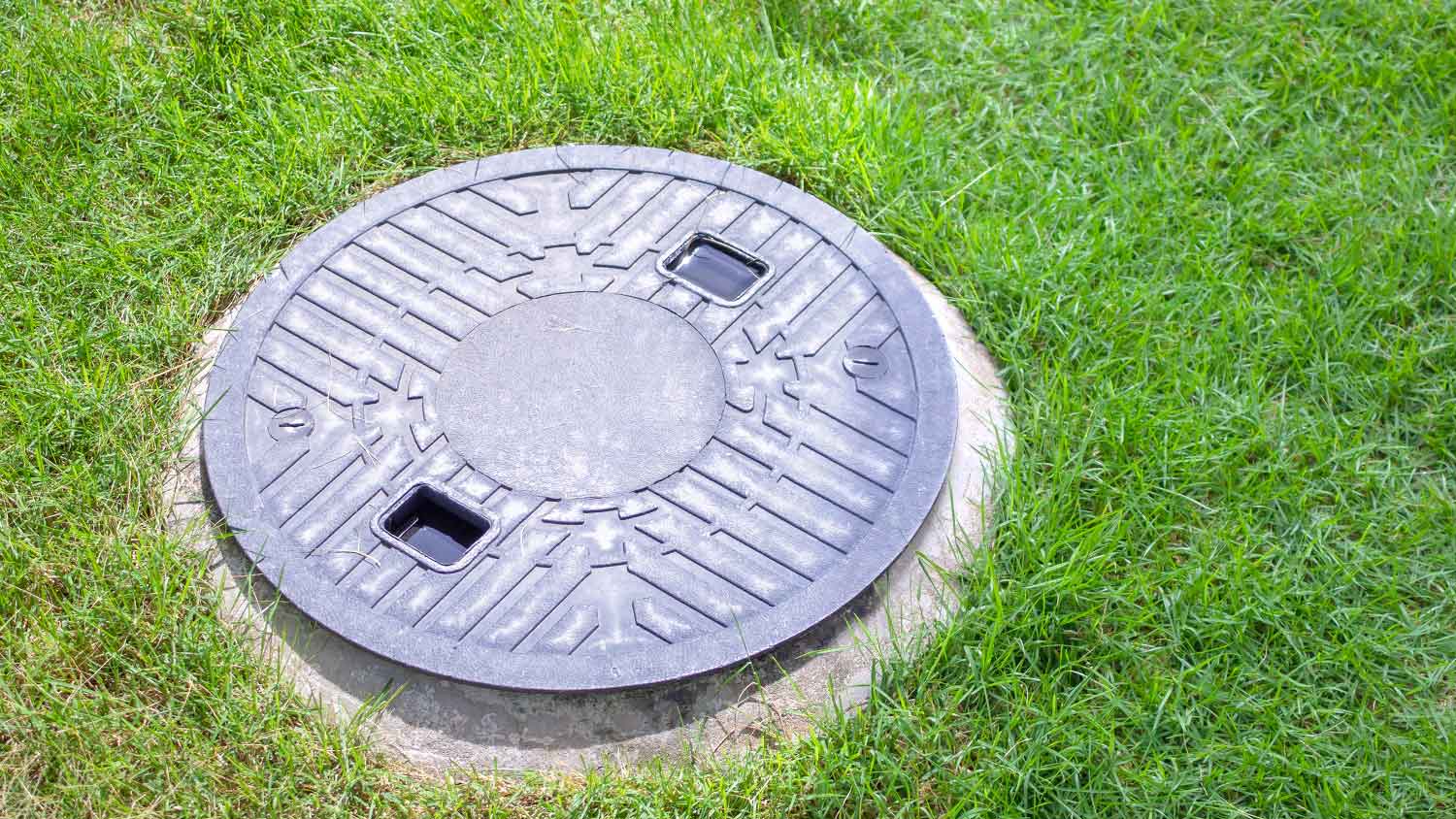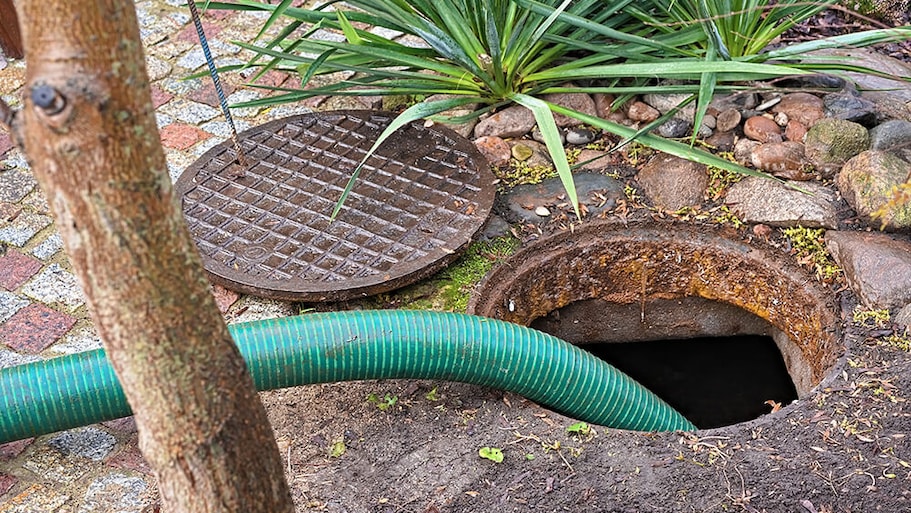Who Empties Septic Tanks—and How Often?
It’s a dirty job, but somebody’s gotta do it—and it shouldn’t be you


Septic tanks serve a very important purpose for those who live in rural areas or homes built before municipal plumbing systems were installed. They catch and begin to process the wastewater we all produce during our day-to-day lives. However, septic tanks can only do so much, and eventually, they fill up—which means someone has to empty them. You can rely on a local septic pro to help.
Benefits of Hiring a Septic Professional to Empty Your Tank
Septic professionals have the industrial-grade equipment required to empty solid and liquid waste from your septic tank, including the heavy-duty septic vacuum truck that will both pull the waste from your tank and transport it to a treatment facility. Septic tanks contain human waste, so they are a biohazard. In many cases, states and cities actually have laws allowing only licensed professionals to pump and haul septic waste.
Additionally, hiring a professional means you’ll keep your hands clean of this extremely dirty job. Most septic tanks hold between 1,000 and 1,500 gallons of wastewater, including the stuff you flush down the toilet. Chances are you don’t want to get anywhere near that mess. Your local septic tank company can also perform an accurate septic inspection of your tank and ensure it’s doing its job properly, which can help you get ahead of major maintenance items and unpleasant odors.
Can I DIY Emptying My Septic Tank?
While it’s technically within the realm of possibility to DIY such a task given you have the right kind of equipment, you definitely shouldn’t unless you also happen to be a septic professional. In many cities and states, environmental departments govern who is allowed to transport hazardous human waste. Even if your area doesn’t have such legislation, the project is logistically very difficult and requires specialized trucks, tanks, hoses, and pumps.
Long story short, do not try to pump your own septic tank. Doing so could expose you to health hazards from sewage, cause damage to your tank, and even put you in legal trouble.
Pumping your septic tank every three to five years is one of the most important septic maintenance tasks. When you combine that with flushing only approved items (toilet paper and waste) and avoiding driving over your drain field, you have a recipe for a long-lasting septic system.
Can I Hire a Plumber to Empty My Septic Tank?

Plumbers have a lot of useful skills, but septic tank pumping should be left to sewage and septic professionals. The job requires specialized equipment and tools, including unique protective equipment and a vacuum truck, that your everyday plumber doesn’t have. On top of that, septic tank cleaners carry specific licenses to allow them to haul waste to treatment plants.
How Do Pros Empty a Septic Tank?
Your septic pumping service will involve professionals, likely dressed in protective gear, using large hoses and pumps to pull the wastewater from your septic tank into the tank on the septic hauling truck, often called a vacuum truck. The truck will then safely transport the solid and liquid waste to a treatment center where it can be fully processed, and your septic tank will be fresh and clean—and ready to service your home for another three to five years.
Frequently Asked Questions
Septic tank pumping services vary in cost depending on how large your tank is and how much waste is inside. The cost of emptying a septic tank ranges from $250 to $1,250, with an average cost of $550. Your geographic location also plays a role in the final price calculation. The good news is that if everything is in proper working order, you only need a pro to pump your tank every three to five years.
It’s important to look out for specific signs your septic tank is full, such as indoor drains backing up or draining slowly, gurgling sounds coming from your pipes, and bad odors or pooling water in your yard near the septic field. You may also notice abnormally green or lush grass in your yard, which could be caused by an overflow of waste from your septic tank.
While septic tanks can be pumped at any time of year, spring is optimal for a few reasons. For starters, it’s the time when the water table is highest, thanks to all that rain and snowmelt, which means your tank may be filling up faster than usual. Additionally, pumping your tank in spring means you’ll have your yard free and clear for the beautiful summer months when you’d probably rather be spending your time and energy on pool parties and barbecues.





- How to Check If a Septic Tank Is Full: 7 Easy Ways
- Here’s What to Put in a Septic Tank to Break Down Solids
- How Often Does a Septic Tank Need to be Inspected?
- How to Find Your Septic Tank in 5 (or Fewer) Simple Steps
- What to Do After Your Septic Tank Is Pumped: 4 Top Septic Maintenance Tips
- What Is a Septic Tank and How Does It Work?
- Are Septic Tanks Bad? Pros and Cons to Consider Before Moving Into a House With a Septic System
- You Just Had Your Septic Tank Pumped and It’s Full Again. Now What?
- What to Know About Installing a Small Septic System for One Toilet
- How Often to Pump a Septic Tank: What You Need to Know
















